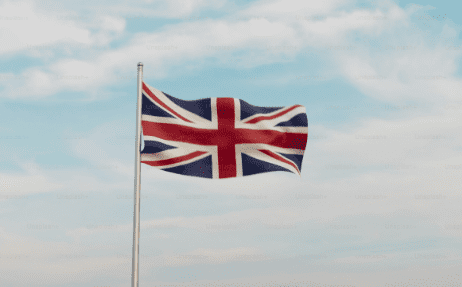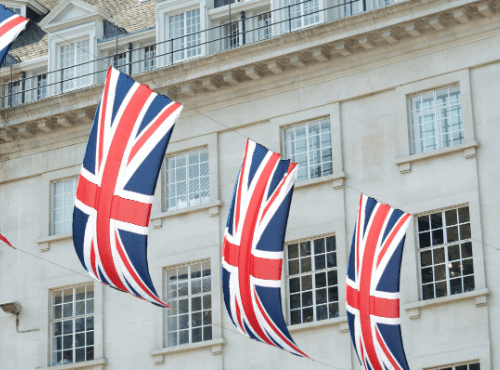The UK is facing a big challenge as its national debt has reached a staggering 100% of its Gross Domestic Product (GDP), the highest level since the 1960s! This means that the total amount of money the government owes is now equal to the value of everything produced in the country in a year. Let’s break this down and understand why this is important and what it means for the future.
What’s Happening with the Debt?
According to the Office for National Statistics (ONS), the UK’s national debt rose significantly in August. This increase was more than experts had expected, and it reflects the ongoing struggle with government borrowing. In August, the government borrowed £13.7 billion, which is £3.3 billion more than the same time last year. This is the third-highest borrowing level for August since records began in 1993.

Why Is the Debt So High?
Several factors are contributing to this rising debt. First, the government has been spending more money than it is earning. This is known as the deficit, which is the difference between what the government spends and what it receives in income. When the government spends more than it earns, it has to borrow money to cover the gap, leading to a bigger debt.
Second, there have been increases in government spending due to higher costs for public services and benefits. For example, rising prices have led to more money being spent on things like healthcare and social services. As costs rise, the government needs to spend more, which adds to the overall debt.
Consumer Confidence Takes a Hit
Alongside the rising debt, consumer confidence in the UK has dropped sharply. Consumer confidence is how optimistic people feel about the economy and their personal financial situations. When this confidence falls, it can lead to people spending less money, which can slow down economic growth.
In September, consumer confidence reached its lowest point since March. Many people are worried about potential cuts to winter fuel payments, which help pensioners pay for heating during the colder months. These cuts are part of a broader strategy by Chancellor Rachel Reeves to reduce spending and tackle the growing debt.
The Upcoming Budget and Tough Decisions
As the government prepares for the autumn budget on October 30, Chancellor Rachel Reeves faces difficult decisions. Labour, the ruling party, has warned that the economic situation left by the Conservatives requires “painful” choices. This could mean tax increases and cuts to welfare benefits, which would affect many people.
Darren Jones, the chief secretary to the Treasury, stated that the figures show the tough situation Labour has inherited. He emphasized that the current state of public finances will force the government to make hard decisions to help rebuild the economy. This means that the government may have to make cuts in areas that people rely on.
Balancing the Budget
While tax revenues have grown, they haven’t kept pace with the rising expenditures. This means that even though the government is bringing in more money from taxes, it still isn’t enough to cover its spending. The ONS figures show that although there was an increase in tax income, higher spending on public services and benefits due to rising costs outweighed this increase.
What’s Next?
Experts are warning that the situation could get worse before it gets better. Matt Swannell, chief economic adviser to the EY Item Club, said that the UK’s fiscal position remains challenging. He believes that the government may have to increase spending even more in the coming months, particularly because of rising pay demands in the public sector and other unexpected costs.
Impact on Everyday Life
So, how does all of this affect regular people? When the government borrows a lot of money and has a high level of debt, it often leads to cuts in public services, higher taxes, and less money for welfare programs. This can affect healthcare, education, and even public transport.
Moreover, if consumer confidence continues to fall, people may spend less money. This can lead to businesses earning less, which might result in job losses and slower economic growth.

Final Thoughts
As the UK grapples with these economic challenges, it’s clear that the coming months will be critical. The decisions made in the upcoming budget could have long-lasting effects on everyone’s lives. The government needs to find a way to balance the budget while also ensuring that people are supported during these tough times.
In summary, the UK’s national debt is at its highest since the 1960s, and this is leading to concerns about the economy, consumer confidence, and future government policies. It’s a time for careful planning and tough decisions, as everyone hopes for a brighter economic future.








